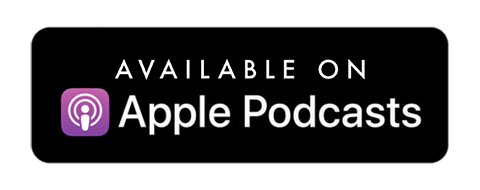05 Jun Being Well Podcast: How to Change Your Life: Self-Efficacy, Learned Helplessness, and Creating a Growth Mindset

If you’re tired of feeling stuck, this episode of the Being Well Podcast is for you. Dr. Rick and Forrest explore how we can overcome learned helplessness and change our lives by developing self-efficacy: the ability to influence our environments and control our motivation and behavior.
Key topics include why we get stuck, the science of learned helplessness, focusing on effort over talent, creating a growth mindset, and balancing acceptance and agency. You’ll learn how to improve self-efficacy, embrace who you are, and become truly confident in your ability to grow.
LISTEN
WATCH
Key Topics:
0:00: Introduction
1:50: Why are we prone to feeling stuck?
4:45: Fear of failure and negativity bias
8:30: Learned helplessness and the dog study
18:05: Difficulties identifying patterns we’re close to
20:00: The biological function of shame
22:55 The connection between our emotions, our body, and our sense of self-efficacy
24:10: Chronic illness and pain, and recognizing what is and is not in your control
26:10: What is a growth mindset?
28:40: Nature and nurture, talent and effort, and our metrics of self-worth
35:00: Rick’s practical tips for improving self-efficacy (complete with soundtrack)
40:20: Creating a coherent self-narrative
42:35: An example from Forrest of claiming agency
46:20: Advice for someone in their late 20s when feeling stuck
51:40: Building on and reinforcing our successes
56:35: Determination
59:35: Recap
Support the Podcast
We’re now on Patreon! If you’d like to support the Being Well podcast, follow this link.
NEW Offering from Rick! Join Rick and 5 world-renowned teachers – including Dr. Gabor Mate, Tara Brach, and Thupten Jinpa – for The Heart of Compassion, a 5-week online program that will teach you how to access, grow, and apply compassion. Head to rickhanson.net/hoc to learn more, and use code BEINGWELL10 for 10% off.
Sponsors:
Get 15% off OneSkin with the code BEINGWELL at https://www.oneskin.co/
Go to BrioAirPurifier.com and use code BEINGWELL to save $100 on a Brio Air Purifier.
Finally get that project off the ground with Squarespace! Head to squarespace.com/beingwell for a free trial, and when you’re ready to launch use coupon code BEINGWELL to save 10% off your first purchase of a website or domain.
Join over a million people using BetterHelp, the world’s largest online counseling platform. Visit betterhelp.com/beingwell for 10% off your first month!
Want to sleep better? Try the Calm app! Visit calm.com/beingwell for 40% off a premium subscription.
Connect with the show:






